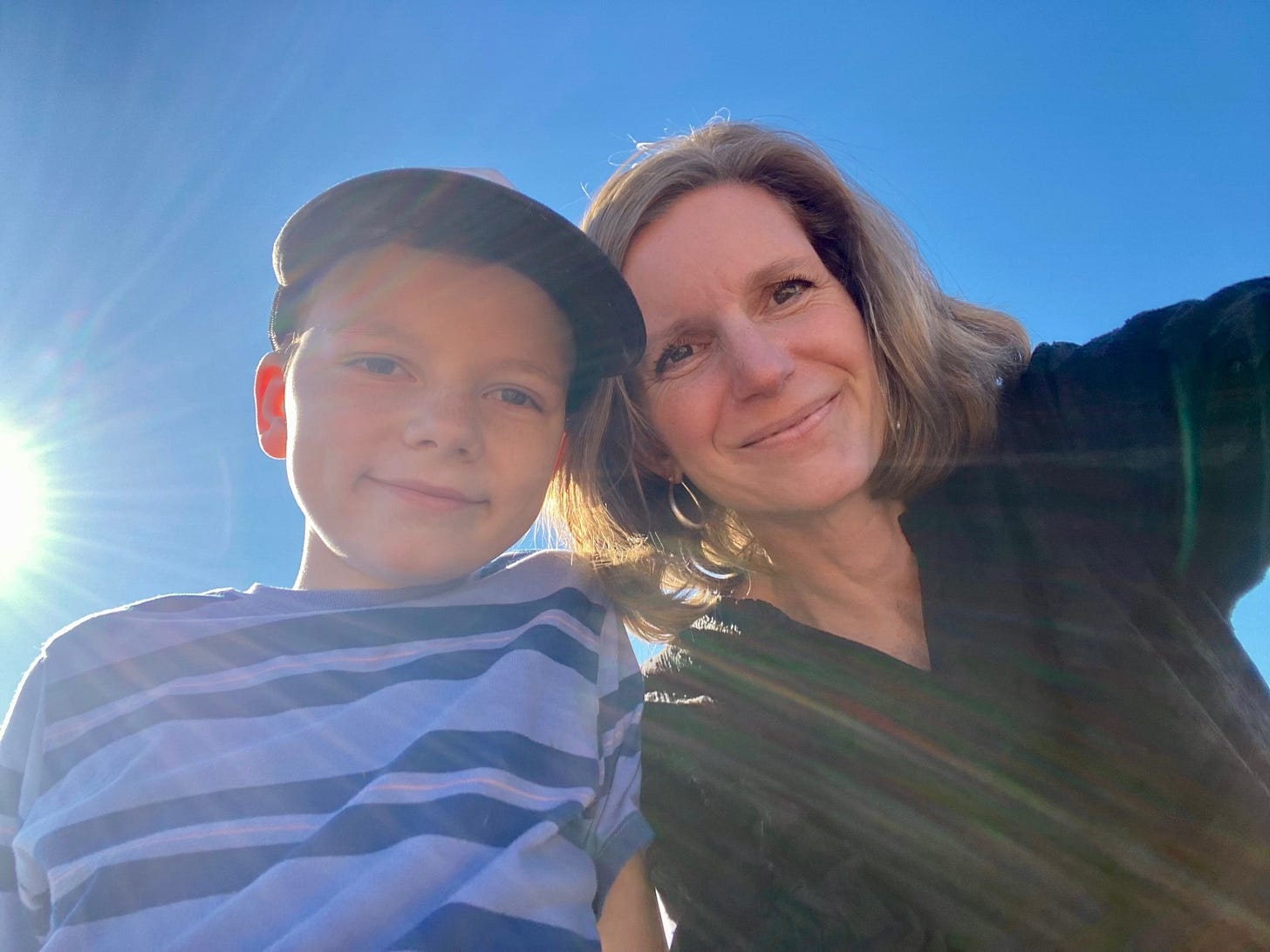We often get a glimpse of what matters most in life at funerals. It is extremely telling to hear what people remember most about their departed loved one. At the funeral of a man named Ken who used to live in our neighborhood, the man’s sister said that two of the most meaningful things Ken did for her when they were kids was making her lunch to cheer her up and sometimes even playing Barbies with her when she begged really hard. Ken himself wasn’t that fond of Barbies, but he played with his sister because he loved her.
At my grandmother’s funeral, my dad talked about how his mother used to spend significant time carefully ironing his Sunday shirts. That act of service was one way he knew his mother loved him.
My husband’s Dad died when my husband was 17. Some things my husband remembers most fondly about his dad are going out for all-you-can-eat clam chowder at Skippers, going to church with Dad no matter what, and the time his dad didn’t yell at him for breaking a neighbor’s glass door while delivering a paper on his paper route.
Both my grandmas have also passed away. My grandma Van Shaar was not a particularly warm woman, but she walked with me in her garden when I came to visit and gave me the pick of her best roses. I could have whichever ones I chose, and she sent me home with a whole bouquet of flowers. My grandma Dorius bought Golden Grahams for me before I came to visit because she knew they were my favorite, even though she never ate them. She also gave me dolls, clothes, and provided meals too numerous to count.
My parents are still living, but my time as a small child in their care is now over. I have many meaningful memories of that time. My dad used to sing songs to me at bedtime; those songs are still my favorites to this day. My mom often sewed clothes for me and almost always let me choose the patterns and the fabric.
My dad got me a drink of water at bedtime for years. Dad also tried really hard not to get irritated when trying to secure the Christmas tree into the Christmas tree stand every year even when it was really frustrating. I loved him for that. I loved him for the way he consistently tried to be patient and kind even when he had great reason to be irritated.
All these things required sacrifice in some form. And all of them bound my little heart to the people sacrificing for me.
Love is the Reason
I once heard it said that “Sacrifice is a demonstration of pure love.” If you think about it, what is the purpose of almost any sacrifice we make for someone else? When my dad brought me a drink of water, why did he do it? What did he hope would come of it? That I would feel loved. And I did. Family life gives us poignant and frequent opportunities to sacrifice even when it becomes monotonous, inconvenient, or difficult to do so.
Why do we love our babies, our children so much? One reason is because we sacrifice so much and so often for them.
The condition of my dad’s heart while he performed that service mattered a lot. If he would have done it begrudgingly, making sure to roll his eyes and stomp down the hall, or mumbling, “Why can’t you get your own drink before you get in bed,” it would have destroyed the whole purpose of the sacrifice. I would not have felt loved. I would have felt like a burden and a bother. And therefore, his sacrifice would have been for naught. In fact, it would have been better had he not done it at all.
Willingly
What I’ve learned from the people in my life is that when we make a sacrifice for someone, we shouldn’t make a show of how hard it is for us and how much we hate doing it. If I sacrifice in that way, I already have the reward I truly sought which is pity, martyr’s pride, immediate recognition, shame in others, and diminished love. If I truly want the people I sacrifice for to feel loved, I must find a way to sacrifice willingly instead of grudgingly. That doesn’t mean I have to LOVE IT, but I do have to LOVE THE PERSON I’m doing it for. And when I sacrifice in that way, love grows.
This doesn’t mean, however, that we have to make every sacrifice presented to us. We say no to some sacrifices, and that’s exactly what we should do. This could happen for many reasons. You don’t have to do everything your children, friends, family, or coworkers ask of you. That is the path to burnout and resentment. It is part of the experience of life to learn which sacrifices we should make and make them willingly, and which ones we should lovingly decline.
When my little boy says, “Mom, will you play with me?”
My answer should almost always be, “YES.”
With love,
Kimberly






